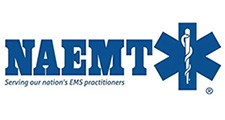
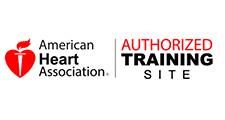
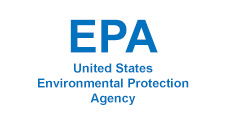
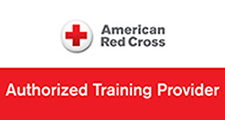
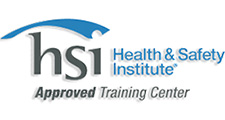
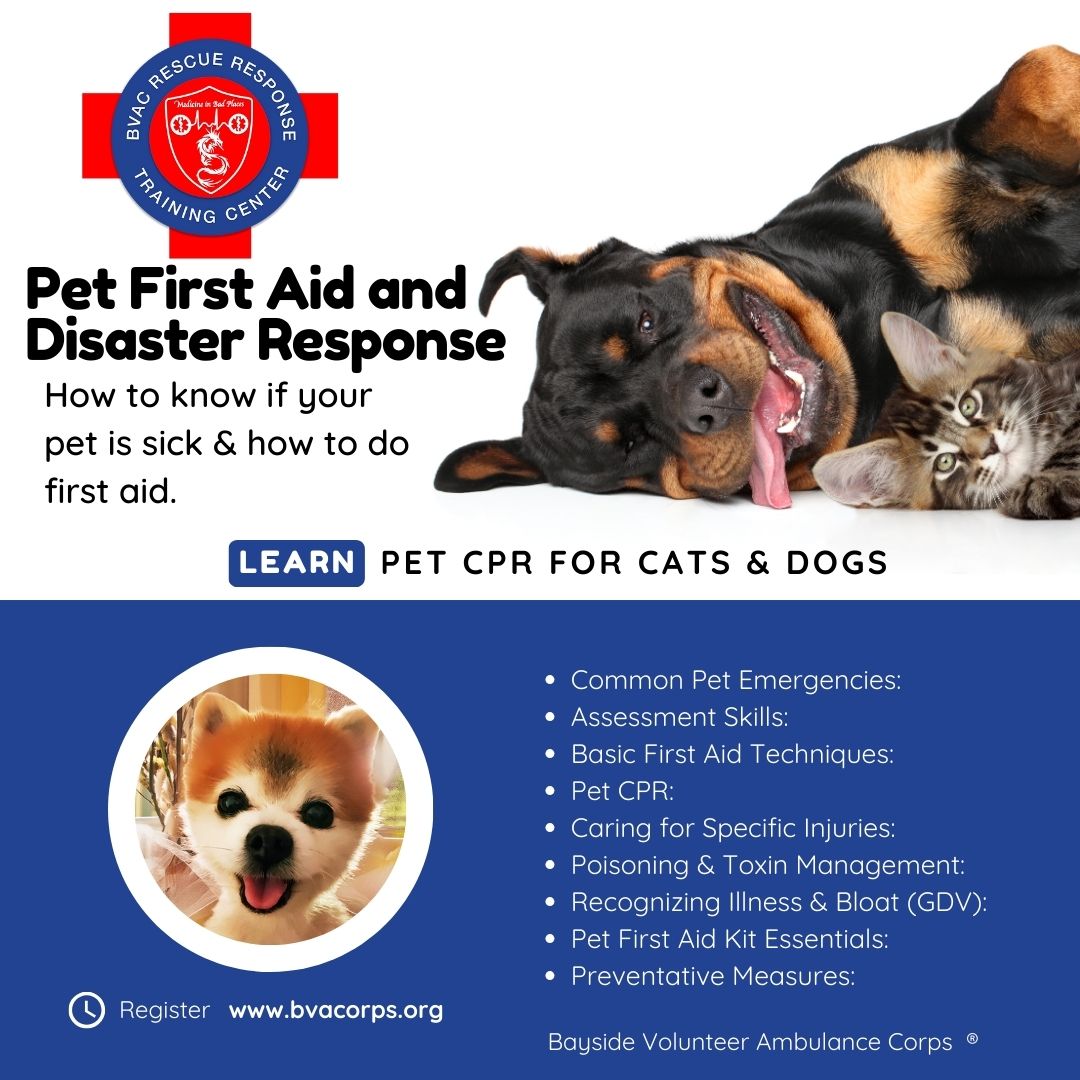
As pet owners, we consider our furry companions to be part of the family. Just like humans, pets can experience medical emergencies, injuries, or illnesses that require immediate attention. However, in critical moments before reaching a veterinarian, your ability to provide effective first aid can make a significant difference in your pet’s outcome.
Our Pet First Aid and Disaster Response Course is designed to equip pet owners and caregivers with the essential knowledge and hands-on skills needed to respond to common pet emergencies. Whether you have a dog, cat, or other beloved pet, being prepared for unexpected health crises is crucial.
While course content may vary depending on the provider, here are the key topics covered in a typical Pet First Aid training:
Understanding the warning signs of emergencies allows you to take swift action. In this course, you’ll learn how to recognize and manage situations such as:
Knowing how to assess your pet’s vital signs is crucial when determining the severity of an injury or illness. Participants learn to check for:
Just like human first aid, pet first aid involves practical hands-on skills to stabilize an animal in distress. You’ll gain training in:
From minor cuts to severe fractures, knowing how to properly handle pet injuries can prevent further complications. This course teaches you how to address:
Pets are naturally curious, and sometimes they ingest toxic substances. You’ll learn how to:
Not all pet health concerns are immediate emergencies, but knowing the early signs of illness can prevent serious complications. This section covers:
Bloat, or GDV, is a life-threatening condition that can affect large-breed dogs. Learning to recognize the symptoms early can save your pet’s life. This course covers:
Every pet owner should have a well-stocked pet first aid kit to handle minor injuries and emergencies. You’ll learn what essential supplies to include, such as:
While first aid is essential for emergencies, prevention is the best medicine. This section teaches how to:
Upon successful completion of the Family Pet First Aid Course, participants receive a certificate of completion—but more importantly, they gain the confidence and skills to protect their pets in emergencies.
If you love your pets, being prepared could save their life. Accidents happen, and in those crucial moments before professional veterinary care is available, your knowledge can be the difference between life and death.
Sign up for our Family Pet First Aid Course today and take an important step toward becoming a responsible and prepared pet owner!
Headquarters:
214-29 42nd Avenue
Bayside, New York 11361
Mailing Address:
P.O. Box 610606
Bayside, New York 11361
Phone: + 1 (718) 631-3333
Contact Form
